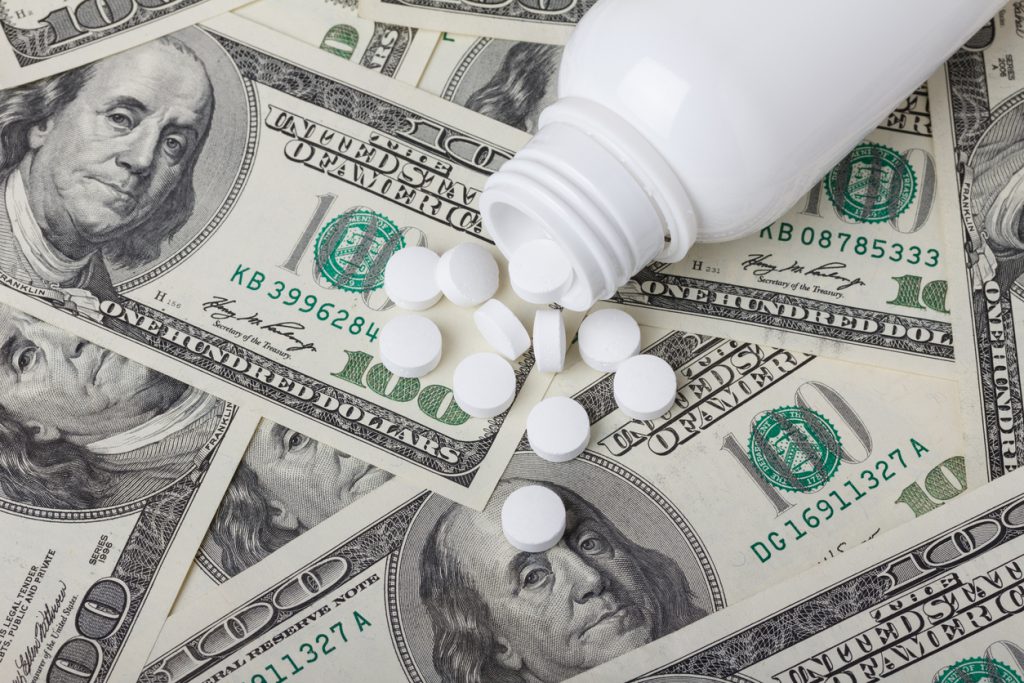Statins can help save lives. But the benefits come with a price for some who experience life-changing problems that are never suspected as being drug related.
Statins are clearly one very important part of a prevention program for those with heart disease or medical problems that put them at high risk. A study even showed that high-dose statin treatment can begin to shrink heart blockages in just a few weeks.
But statins can also cause problems—some minor and others more worrisome.
Understanding the concerns, and what you can do about them, will position you to be trouble-free.
Statin side effects are most likely to impact the muscles and liver.
Many patients are focused on the risk of liver damage from statins. Although serious liver problems have been reported, I have never seen one related to statins in 25 years of practice. Mild increases in blood tests for liver inflammation are common, but easily reversed with reducing or stopping the statin.
The muscle-related statin problems, however, can be more insidious.
Case in point: a man vacationing in Europe forgot to pack his statin medication. While away, his “arthritis” pain disappeared, and he felt “younger.” Although he initially attributed his improvement to a vacation glow, his prior pains returned immediately when he restarted his medication.
How common are statin-related muscle pains?
The package insert lists 2-5% for most statins. Real-life clinical experience is more like 10% of all statin users or higher. And that’s a whole lot of people.
The reason why statin-related muscle problems can be hard to pinpoint is that they often mimic common age-related problems, including arthritis and muscle pains that are often attributed to getting older, and fatigue that is interpreted as “slowing down with age.”
To be sure, these symptoms are also common in people who don’t take cholesterol medicine—making it even more difficult to link them to the drug. But some patients aren’t told what to look out for and they experience long-term problems that could have been avoided.
Here are some helpful tips:
The best clues to statin side effects:
- Muscle aches and/or arthritis pains that appear shortly after cholesterol medicine is started or the dosage increased.
- Muscle aches that are not explained by physical activity and are different than the minor aches and pains that may have been present before starting a statin.
- Statin-related muscle problems are typically experienced in the legs or “all over.” Isolated arm pain is less common.
- Lower-than-usual energy level after cholesterol medicine is started or increased.
- Muscle/arthritis pain or low energy that improves when the statin dose is lowered or temporarily stopped. (Never change your medicine on your own, even temporarily. Work with your healthcare provider to guide all medicine changes.)
If statin side effects are suspected, your doctor may choose to:
- Lower the statin dose (interestingly, cutting the dose by 50% will often relieve symptoms with only a 7% loss of cholesterol-lowering power).
- Change to a different brand of statin (some patients will have muscle pain with one brand but do beautifully on another).
- Stop the statin.
- Consider adding CoQ10. This is a chemical needed by your body for energy production. Statins lower the blood level of CoQ10, which could explain why some people who take statins experience muscle aches. Some studies have shown improvement of suspected statin-related muscle aches with CoQ10 supplementation, but findings have not been consistent.
- Consider red yeast rice. This is an over-the-counter pill that contains a weak statin but may be better tolerated than prescription versions in some people. Red yeast rice, although over the counter, can have side effects and should only be taken as directed by your health care provider.
Knowledge is power—the kind you need to alert your health professional to the possibility of a side effect.
The good news is that some combination of the above changes will usually eliminate the muscle problems and allow you to continue cholesterol treatment.
Again, please have your health care provider direct all changes to your medicine.
References:
Diagnosis, Prevention, and Management of Statin Adverse Effects and Intolerance
Effects of Coenzyme Q10 on Statin-Induced Myopathy
Interested in living a healthier lifestyle?
Learn the essentials of eating and living healthfully in our interactive, user-friendly learning program for the public.
Clinicians: Do you feel confident responding to patient questions about nutrition?
Take our award-winning condensed interactive nutrition CME—and learn what every clinician should know about nutrition.



